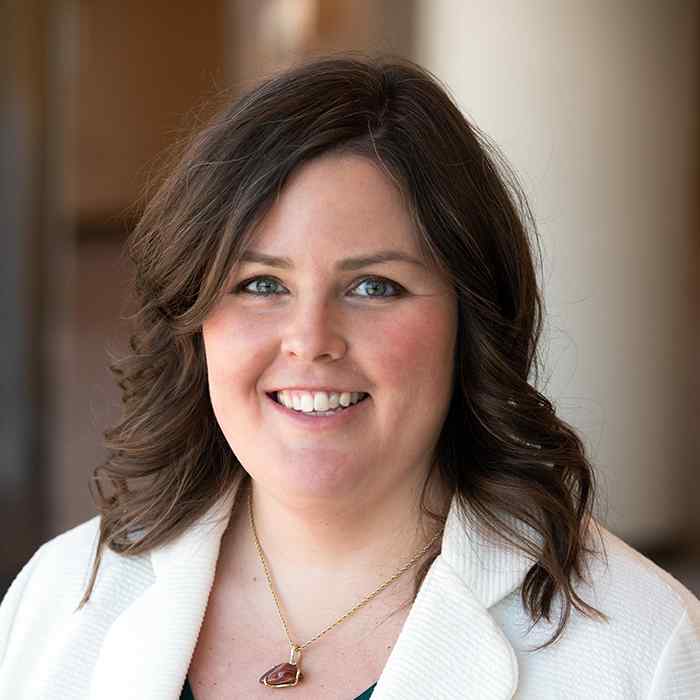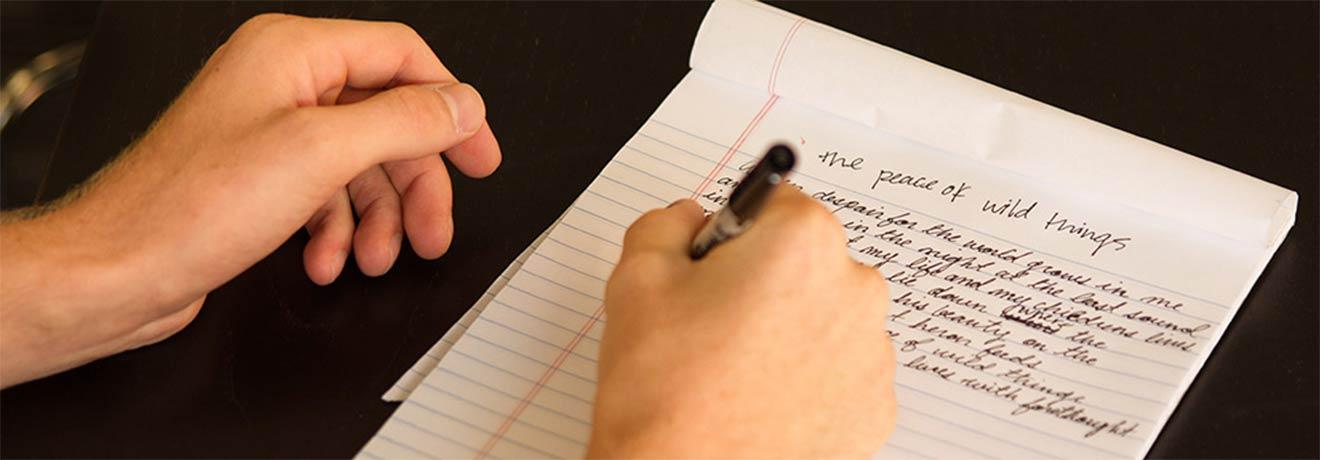Creative Writing
Delivery Options
Popular Careers
Awards


Looking for a more creative way to earn a college degree? Minneapolis College’s Creative Writing program offers students access to a vibrant world of creative skills through intensive practice as writers and readers in three literary genres: poetry, fiction and creative nonfiction.
Whether you aspire to become a professional writer or to apply these creative skills to a wide range of jobs in the creative economy, the Minneapolis College Creative Writing program can help you fire up your imagination and make a deeper, more meaningful connection to your education.
Highlights
Enthusiastic, highly-skilled faculty who:
- Love teaching creative writing,
- Have strong experience as teachers
- Have earned graduate degrees in creative writing
- Have published their work as full-length books and in many magazines and anthologies.
Great students who:
- Are passionate about writing and being creative
- Want to associate with other creative students
- Want to earn a legitimate academic degree that’s also exciting and personally fulfilling.
Opportunities to engage with a vibrant literary community
- On campus, with other creative writing students and faculty
- Throughout the Twin Cities, at events and workshops or through programs and internships, sponsored by awesome organizations such as -
- TruArtSpeaks
- The Loft Literary Center
- Rain Taxi Review of Books
- Minnesota Center for Book Arts
- Coffee House Press
- Graywolf Press
- Milkweed Editions.
Award Requirements and Course Descriptions & Outlines
Please select the award below to view the degree options and requirements in the college catalog.
Program Learning Outcomes
- Read and analyze works of creative writing with more critical literacy skill, understanding their craft as well as their historical and social contexts (e.g. race, gender, class).
- Work collaboratively with other writers and contribute to a creative community, particularly through full class workshops and/or small group peer review.
- Engage in a writing process through a series of steps: generating, drafting, revising, etc.
- Write poetry, fiction, and creative nonfiction with more skill, effectiveness, creativity and social awareness.
- Understand and use a range of creative writing techniques and elements (e.g. imagery, metaphor, rhythm, character development, plot development, point of view).
- Understand and use a range of creative writing forms (e.g. sonnet, list poem, memoir, literary journalism, flash fiction, short story).